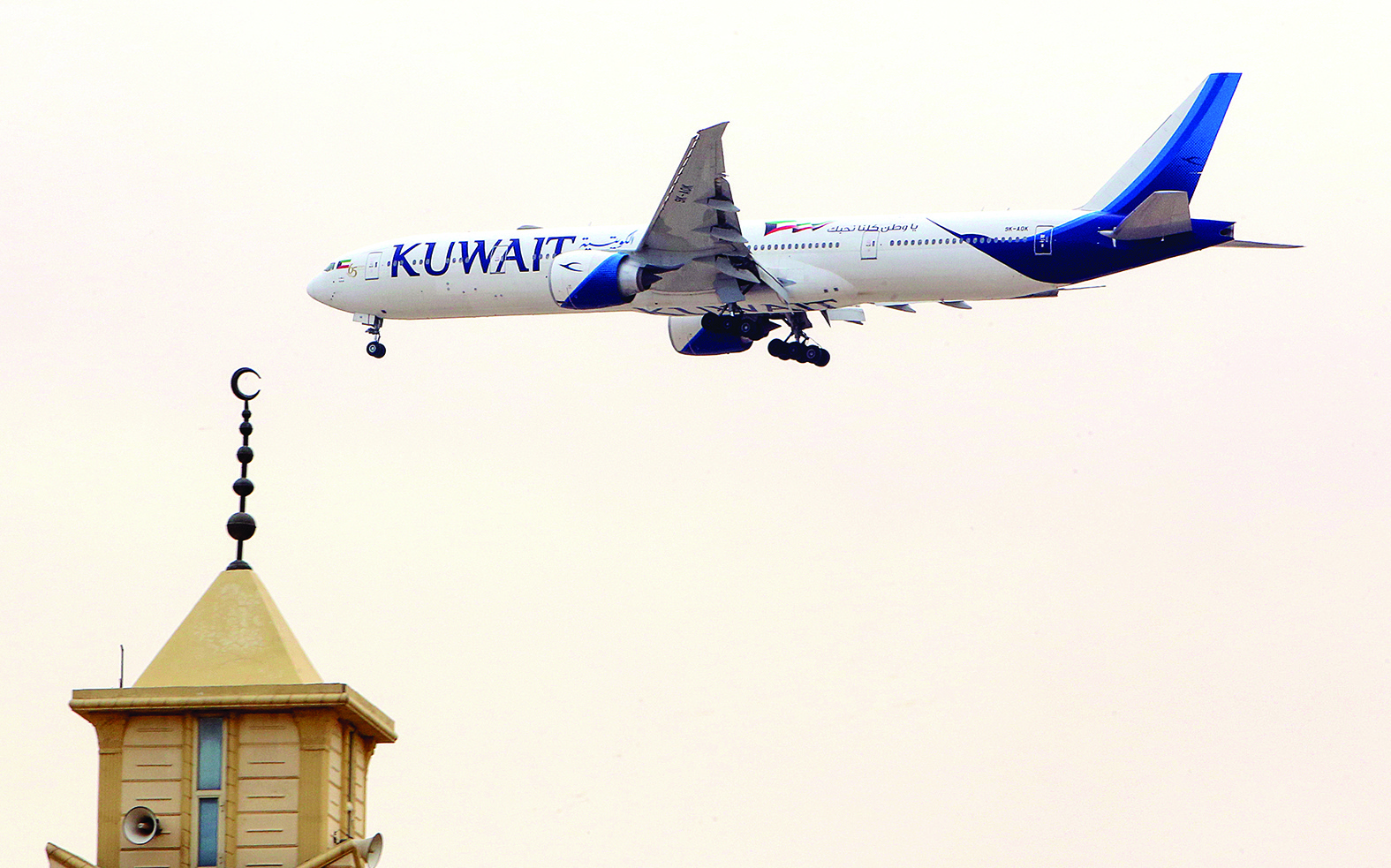

By Sajeev K Peter
KUWAIT: The air travel industry will come out of the present turbulence ignited by the coronavirus pandemic, but it might take two to three years for travel to return to 2019 levels and a few more years beyond that for the industry to return to long-term growth trends, said a top Boeing executive.
In remarks to Kuwait Times in an exclusive interview, Omar Arekat, Vice President of Boeing’s Commercial Sales and Marketing for Middle East, Africa and Turkey, said the air travel industry has never seen anything like this. "Not just the Middle East - airlines around the world are assessing their businesses, making difficult decisions including those that result in grounding fleets, deferring airplane orders and postponing acceptance of completed orders,” he said.


However, the fundamentals that have driven air travel through the past many decades and doubled air traffic over the past 20 years remain intact, he said. "The picture is dynamic and subject to many unknowns,” Arekat said when asked if Boeing expects opportunities under the current circumstances for additional sales in the region and globally, at least in the short term.
Most of the Gulf countries are currently slashing their investments and spending in view of the budget constraints resulting from a sharp drop in oil prices coupled with the unpredictable economic fallout from COVID-19. The pandemic has taken a grievous toll on the regional aviation industry, with many airlines grounding aircraft and slashing their workforces. Kuwait’s flag carrier Kuwait Airways recently announced plans to lay off around 1,500 expat employees.
Way to recovery
"But as we see it today, narrow-body airplanes will lead the way to recovery, trailed by wide-body fleets as airlines progressively bring their networks back online. Therefore, wide-body passenger fleets will likely be more significantly impacted than narrow-body airplanes in the near term,” he pointed out.
When asked about Boeing’s short-term outlook, he said: "Our outlook is informed by decades of analyses and insights on customer behavior including how the industry reacted to prior market shocks.” Boeing’s position is helped by the value proposition of its family of airplanes and the diversity of its backlog, he explained. "This includes our market-leading 787 Dreamliner family, our unmatched cargo lineup, the world’s largest and most efficient twin-engine jet, 777X, and the versatile 737 family,” he said.
Boeing recently announced its Confident Travel Initiative (CTI) where its team of experts will work to develop new solutions to help minimize air travel health risks amid the coronavirus pandemic and drive awareness of health safeguards already in place. "The CTI team will work with airlines, global regulators, industry stakeholders, flying passengers, infectious disease experts and behavioral specialists to establish industry-recognized safety recommendations”, said Arekat.
"Air travel is coming back and Boeing’s goal is to provide a safe experience from curbside to the airplane and beyond for which common system-wide standards are key to a safe experience,” he said quoting Mike Delaney, one of Boeing Commercial Airplanes’ top ranking executives.


